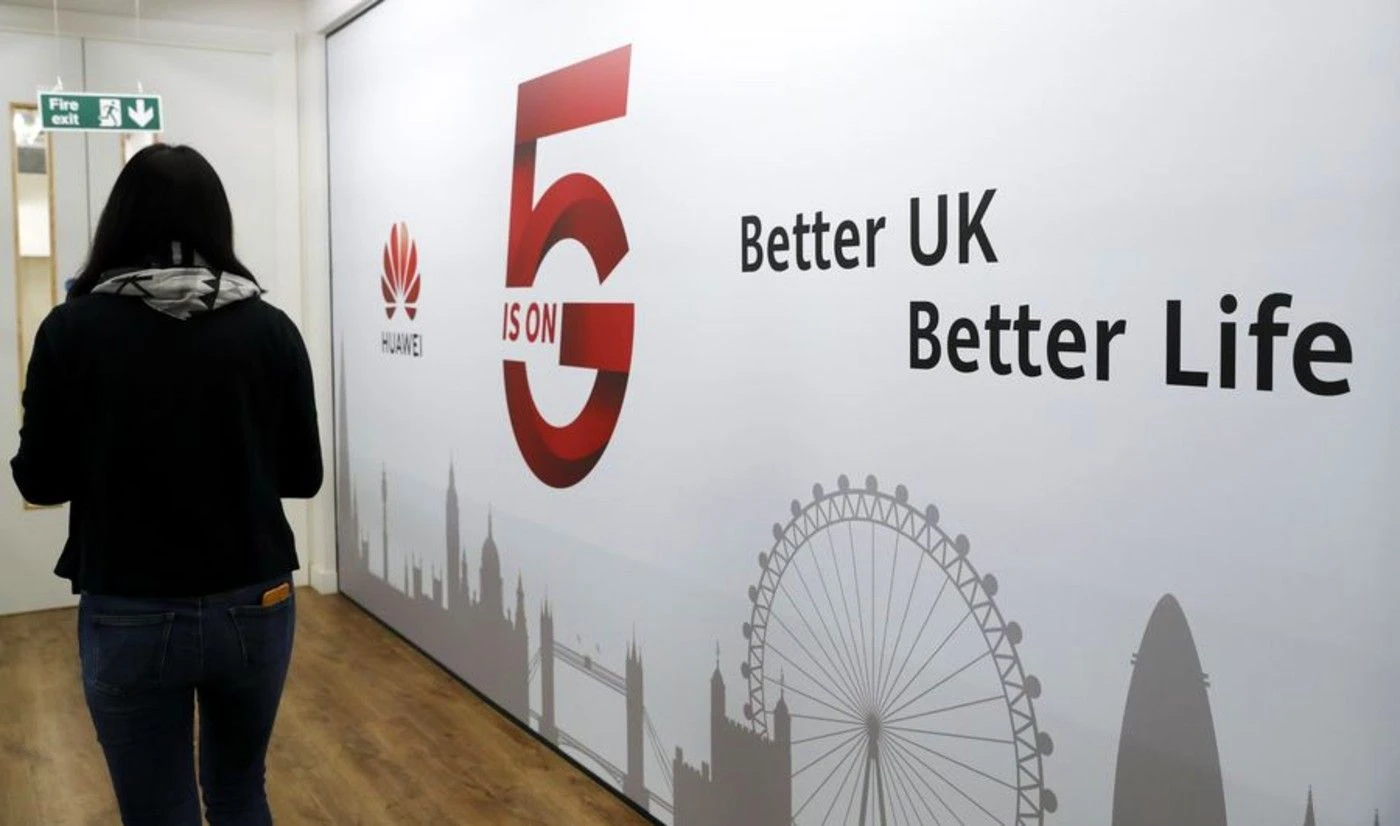UK Telecoms providers will be banned from installing Huawei equipment in the UK’s 5G networks from next September, the government has said.
The digital secretary, Oliver Dowden, set out a roadmap to remove high-risk vendors ahead of the telecommunications (security) bill coming before parliament.
The new legislation will give the government national security powers, allowing them to give instructions to big telecoms companies about how they use so-called “high-risk” vendors like Huawei, if at all.
It also threatens telecoms firms with hefty fines if they fail to comply with the new, higher security standards. They could total 10% of turnover or more than £100,000 per day.
In the summer, the government announced that the Chinese firm was to be banned from the most sensitive core parts of UK networks.
It also said it plans to rip out all Huawei equipment from 5G networks by 2027 – decisions that would be enshrined in law by the new bill.
But Dowden has now confirmed that operators must stop installing Huawei equipment in 5G networks from the end of September next year, except for maintaining previously-installed Huawei equipment.
He also published a 5G Supply Chain Diversification Strategy outlining how the government will ensure the UK is “never again dependent on a handful of telecoms vendors”.
Dowden said:
“Today I am setting out a clear path for the complete removal of high-risk vendors from our 5G networks.
“This will be done through new and unprecedented powers to identify and ban telecoms equipment which poses a threat to our national security.
“We are also publishing a new strategy to make sure we are never again dependent on a handful of telecoms vendors for the smooth and secure running of our networks.
“Our plans will spark a wave of innovation in the design of our future mobile networks.”
The diversification strategy will see the government spend an initial £250m to begin work on creating a more diverse, competitive and innovative supply market for telecoms.
The Diversification Strategy includes:
Funding a new Open RAN trial with Japanese telecoms vendor NEC. The NEC NeutrORAN project will be based in Wales and will aim to see live 5G Open RAN within the UK in 2021, testing solutions to deploy 5G networks in the most cost effective, innovative and secure way.
Establishing a National Telecoms Lab. A secure research facility that will bring together operators, existing and new suppliers, academia and the government to create representative networks in which to research and test new ways of increasing security and interoperability.
Funding the SmartRAN Open Network Innovation Centre (SONIC). Partnering with Ofcom and Digital Catapult, this will be an industry-facing testing facility to foster Open RAN in the UK helping to develop a supply chain with multiple suppliers at every stage.
The strategy sets out a long-term vision for a healthy supply market, which revolves around three key pillars: supporting incumbent suppliers, which will continue to be a major part of the UK market; attracting new suppliers into the UK market; and accelerating open-interface and interoperable technologies such as Open RAN.
The strategy will also be an opportunity to harness expertise and investment in SMEs and R&D initiatives to grow the telecoms base in the tech industry.
MPs will debate the bill at second reading in the Commons on Tuesday.
Communications regulator Ofcom is to be tasked with the monitoring and assessing of security protocols among telecoms providers.



